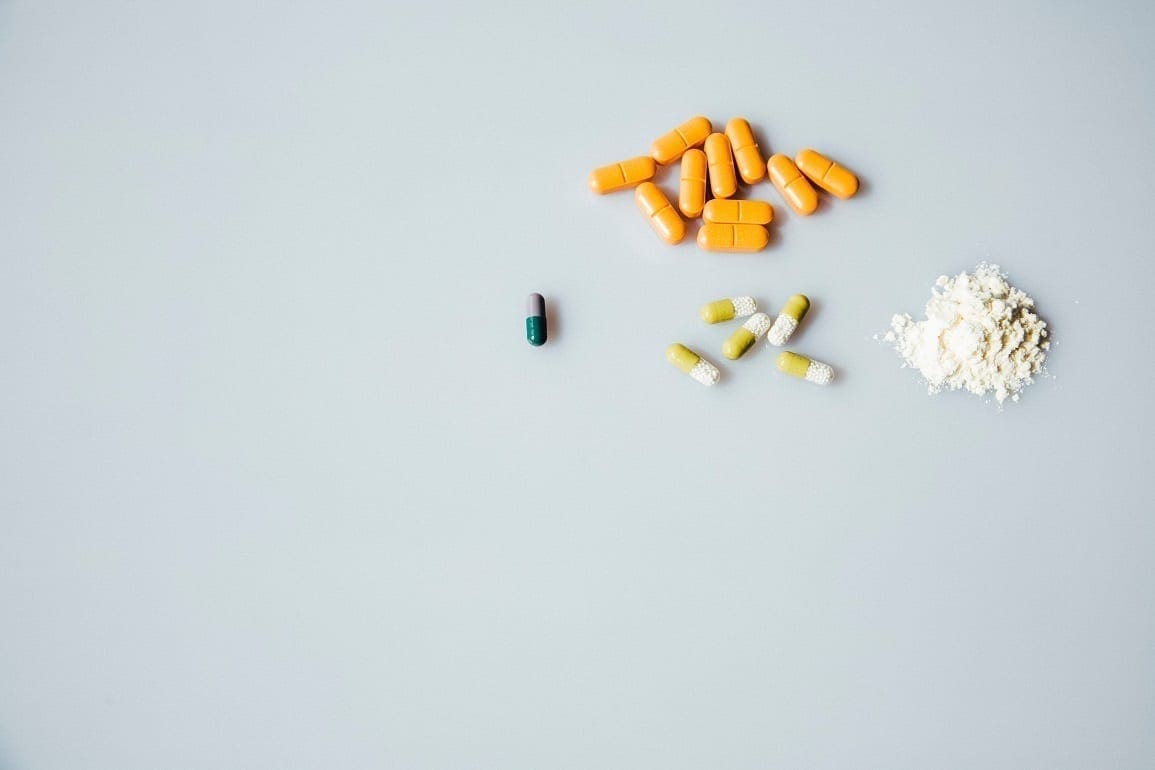Have you ever wondered about the differences in generic vs brand name prescription drugs? The FDA regulates prescription drugs, so generics have to be identical in all the ways that matter, but there can be some slight differences.
Your doctor might write the prescription for one over the other, but you can often ask for the version you want. Having a full understanding of how generic medications work helps you decide.
Keep reading to learn about generic prescription drugs vs brand name prescription drugs to help you choose.
Availability of Generic Prescription Drugs
Not all drugs are available in generic form. The original brand name manufacturer typically has a set period where they can market the drug exclusively due to patents. Manufacturers put a lot of time and money into research, so that the initial exclusive period helps them recoup those costs without competition from generics.
Generic drugs can only be approved once that period ends. If your doctor prescribes a newer drug, it might not yet be available in generic versions due to the constraints.
Formulation of Generic vs Brand Name Drugs
Generic drugs must work in the same way as the brand name drug they’re replicating to be FDA-approved. They also have to follow the same manufacturing standards as the brand name version.
Specifically, the generic has to have the same:
- Clinical benefits
- Active ingredients
- Strength
- Use
- Form
- Administration route
- Safety
One difference generics can have is the appearance. Trademark laws often mean the generic drug has to look different, so you might notice a different shape, size, or color. Flavorings might also be different, but any differences made to the generic drug can’t change how it works.
Differences in Price
Generic versions of prescription drugs typically cost 80 to 85 percent less than the brand name version. The much lower price is often due to lower upfront research costs since the generic drug producer doesn’t have to do all of the clinical studies the original manufacturer did.
Your insurance company might charge a lower copay for generic drugs than the brand name version. Copays often fall into tiers with varying costs, and generic drugs are typically in the cheapest tier.
Some pharmacies offer a low cash price for generic drugs if you don’t use your insurance to pay. For many drugs, that cash price can be cheaper than your copay. Whether you go through your insurance or pay cash, you’ll likely pay less for generic drugs.
Whether you get the generic or brand name version, shopping around can help you find the cheapest price. Online pharmacies such as pricepropharmacy.com can often save money on any prescription drug.
Talk to Your Doctor
Ultimately, it’s up to your doctor if you can get the generic version of a drug or not. Your physician can add a note to not substitute the name brand drug on your prescription. Your pharmacist has to follow that prescription.
If your doctor prescribes the brand name drug, ask about the possibility of getting a generic version. As long as the prescription doesn’t say “no substitutions,” your pharmacist should be able to give you the generic version.
Comparing Generic vs Brand Name Drugs
The comparison of generic vs brand name drugs reveals very little difference except for the price. Working with your doctor to find the best option for you is always best.
Spend a little more time in our archives to find additional health tips.
About the Author/s
The New Jersey Digest is a new jersey magazine that has chronicled daily life in the Garden State for over 10 years.
